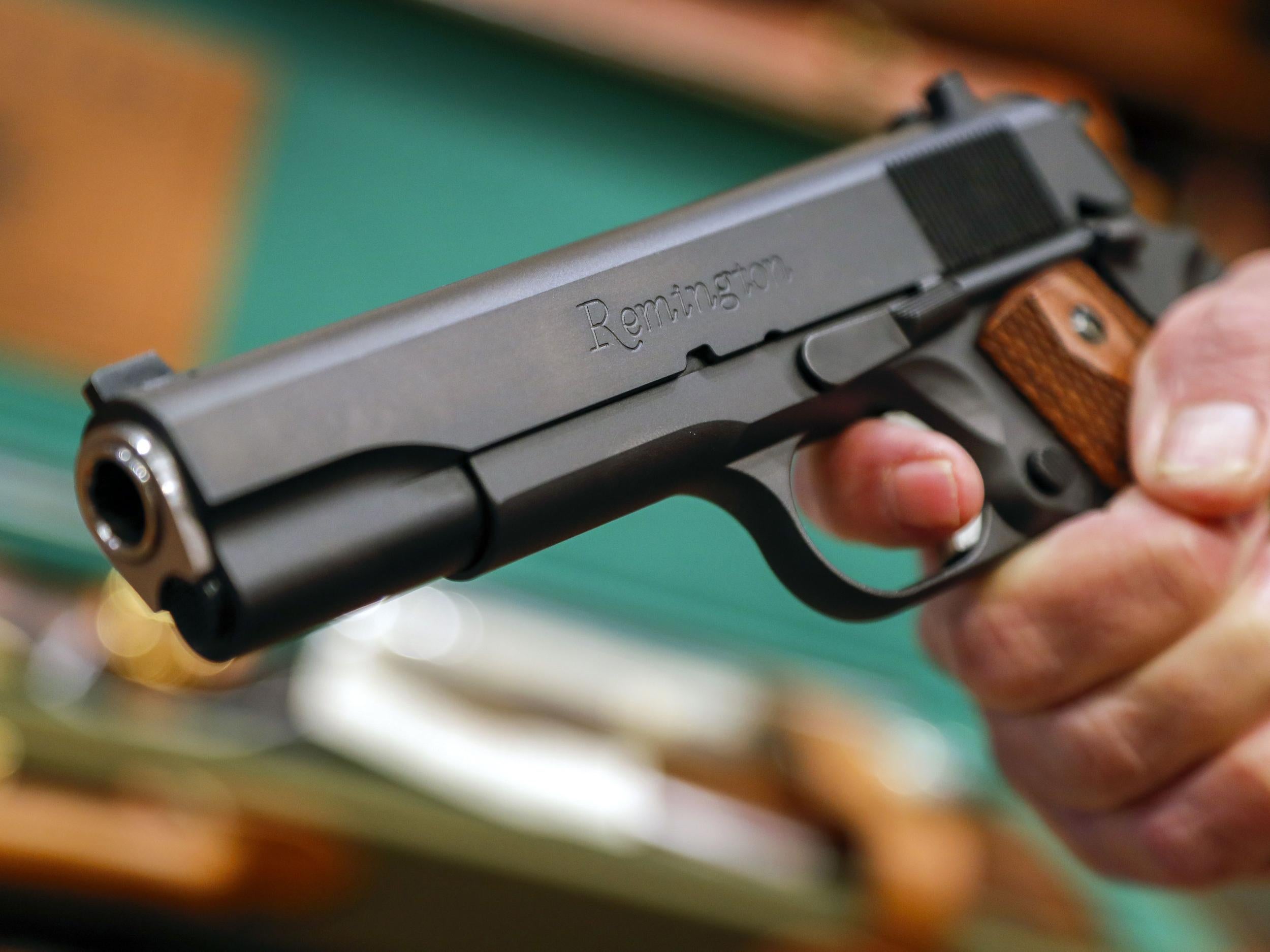
After Congress failed to take any meaningful action to strengthen federal gun safety laws in the wake of the tragedy, several of the Sandy Hook families sued Remington in Connecticut state court. 14, 2012, a gunman entered the Sandy Hook Elementary School in Newtown, Conn., and used an AR-15 style Bushmaster rifle made by Remington and multiple 30-round magazines to murder 20 first-graders and six adults in less than five minutes. Although exact statistics on gun sales are hard to find (because Congress also restricts the collection and disclosure of that data), Americans own an estimated 15 million AR-15s, according to one estimate. The Protection of Lawful Commerce in Arms Act of 2005, or PLCAA for short, shields gun manufacturers from civil liability “ resulting from the criminal or unlawful misuse” of a firearm by a third person.Ĭombined with the expiration of the federal assault weapons ban in 2004, this federal immunity encouraged companies like Remington to aggressively market previously banned combat-style arms like semi-automatic AR-15-style rifles equipped with 30-round magazines. The Sandy Hook families had to overcome a federal law that broadly protects gun manufacturers from civil liability.

A major victory for the families and their attorneys, the settlement also marks a turning point in a decades-long effort to hold gun manufacturers liable for the harms caused by their products.īut while the Sandy Hook litigation provides a possible road map for future cases, many questions remain. Families of those lost in the Sandy Hook school shooting recently reached a landmark $73 million settlement with Remington Arms Co., which made the rifle used in the shooting.


 0 kommentar(er)
0 kommentar(er)
